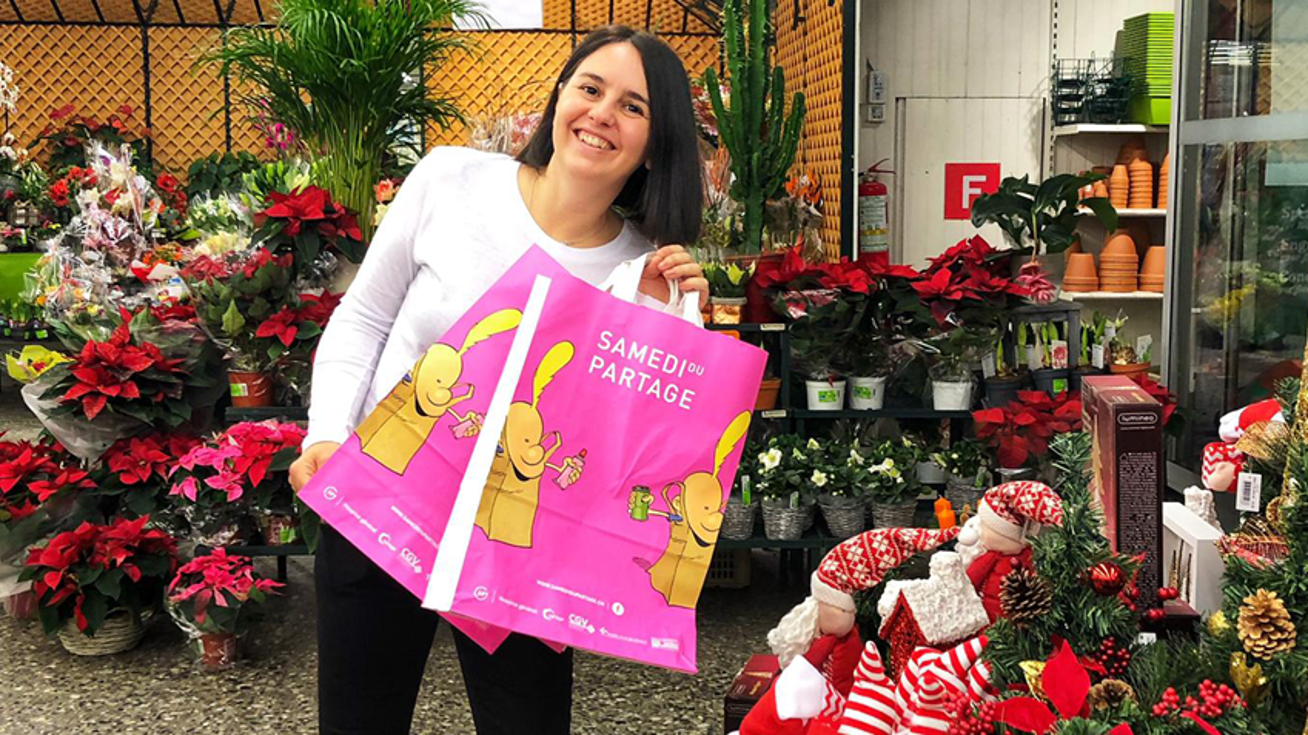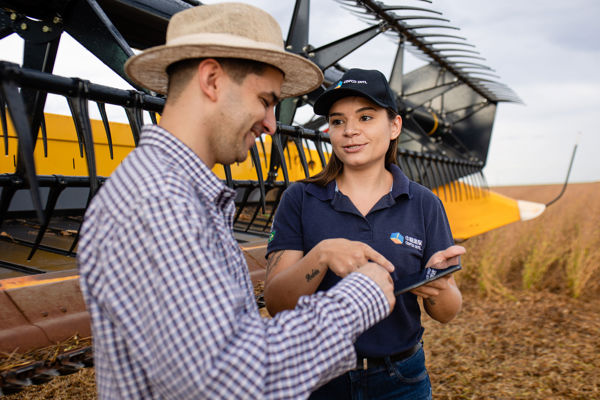
Interview with Paula Freire, Head of IT Applications – on women in trading and overcoming invisible obstacles
We speak with Paula Freire, COFCO International Global Head of Applications on the important role of female mentors in a healthy workplace, women in commodities trading and the true meaning of the Spanish word Sororidad.
“Can you imagine if Einstein had been born a woman?” says Paula Freire, COFCO International’s Global Head of Applications, when asked about the evolution of gender equality.
“We probably wouldn’t have heard of any of his achievements,” she adds, referring to the #NoMoreMatildas campaign, which calls for a greater presence of women in science and school textbooks.
Based at COFCO International’s headquarters in Geneva, Paula leads a team of 64 people spread across 15 countries on three continents. Her team manages a centralised system which helps to optimise the company’s use of IT in trading operations, transactions and logistics around the world.
Her main objective? “Creating an IT system which helps to move food around the world, getting it to where it is needed most in the most efficient and sustainable way.” Paula joined COFCO International less than three years ago, but has already been promoted to CIO of the EMEA region – an additional role on top of her other global responsibilities.
Paula also oversaw the implementation of a new IT shared service centre at the company’s hub in Porto and successfully delivered more than 20 global initiatives to ensure that COFCO International can benefit from one of its most important commodities: “data”.
“Of course, we have come a really long way since the days of Einstein,” she says. “It feels good to be in my position as a woman today.”

Invisible barriers
With a successful career in traditionally male-dominated sectors - finance, trade and IT – Paula says she feels proud of how far women have come today. But obstacles still exist on gender equality, even if they have changed with time.
“Today, it’s more about breaking invisible barriers, working through unconscious bias, making sure that women are represented at all levels, and having the right policies and commitments in place,” says Paula.
Despite the time and other pressures that come with her work, Paula works to advance gender equality through mentoring programs for women, lecturing at universities, and being an active member of WISTA, the Women's International Shipping and Trading Association.
Being a successful woman in a traditionally male dominated industry comes with big responsibilities, she says.
“It is no secret that commodities trade was a male industry. Now that’s changing and of course that’s to the benefit of the whole sector,” she says.
“I will use every opportunity to help break the barriers that have traditionally stood between women and successful careers.”

Sororidad
Born in northern Spain, Paula studied economics at the Copenhagen Business School in Denmark. Since then she has successfully navigated the world of financial services and trade at top banks and trading houses in London, Zurich and Geneva.
“Studying in Denmark shaped my views on equality – I felt I was in a fair, diverse and respectful environment,” she says.
“I went into the world of finance knowing that a lot of work still needs to be done on that front, but if anything, I was attracted to that and not put off by it.”
Paula says that breaking down gender barriers is a job for men and women alike. But women should engage in mentoring each other. Those who succeed in their careers should support others to do so too.
“In Spanish we have this beautiful word: Sororidad– an alliance between women,” she explains. “I believe so much in this: If we support each other we will succeed.”
Having a young daughter helps to motivate Paula even more.
I grew up in a household where my parents championed me as much as my brother,” she says. “I would hope that my daughter will not even ask herself whether she can do something or not because of her gender.”
But if the commodities trade is so male-dominated, why did she choose it for her career?
“This is a results-driven environment,” she says. “A focus on delivery and results tend to remove a lot of barriers.”
